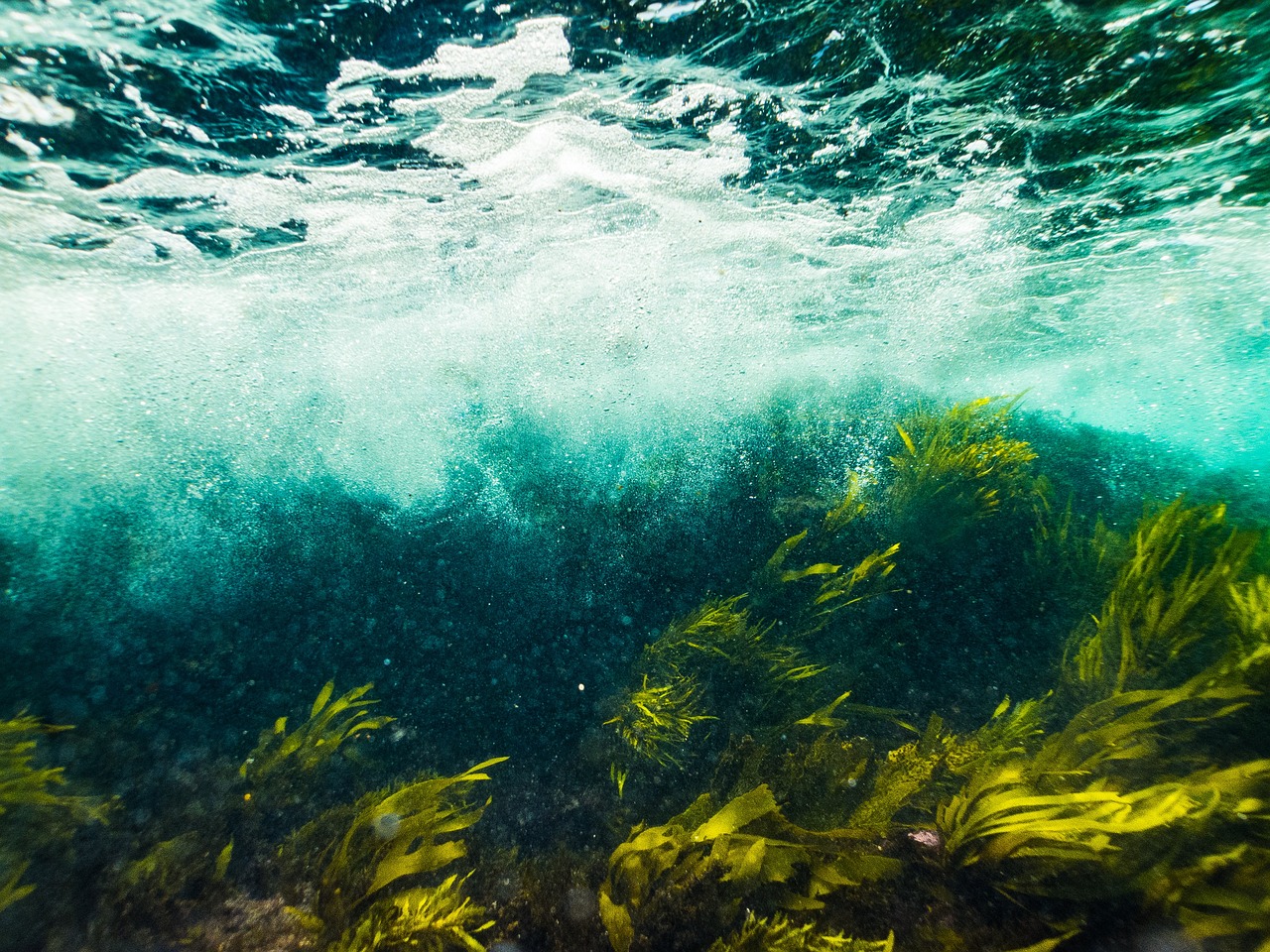News release
From:
Cool-edge populations of the kelp Ecklonia radiata under global ocean change: sensitivity to warming but little effect of ocean acidification
Summary: Kelp forests are threatened by ocean warming, and the effects of co-occurring drivers such as CO2 are rarely considered when predicting their performance in a future ocean. In Australia, the kelp Ecklonia radiata forms extensive forests across seawater temperatures of ~ 7 – 26 °C. Cool-edge populations are typically considered more thermally tolerant than their warm-edge counterparts, but this ignores the possibility of local adaptation. Using thermal performance curves constructed under current and future CO2 levels we demonstrate that elevated CO2 is unlikely to offset negative effects of ocean warming on E. radiata and highlight the potential susceptibility of cool-edge populations to ocean warming.



 Australia; NSW; VIC; TAS
Australia; NSW; VIC; TAS



